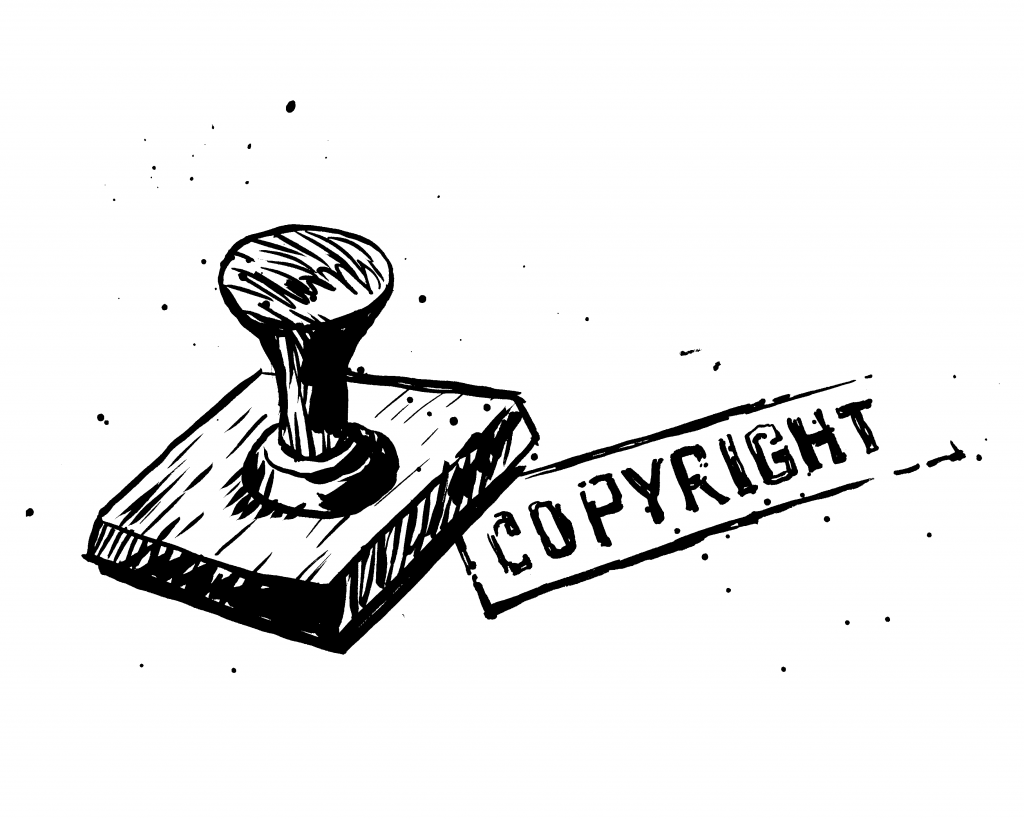
Who owns the rights to a piece of art or a character? Can you sell the same story twice and what if someone steals your artwork?
In most cases and artist hired to do a specific job retains the IP (Intellectual Property) of their work. Creating a jingle, a op-ed illustration or a short story for a magazine doesn’t mean signing off ownership. It means you lease the work you did to a client for a specific purpose and/or time period. If there’s a contract involved this should specify exactly who owns what right but as a rule of thumb, it’s you as the creator.
In comics, there is work-for-hire (in which case the publishing company owns all the rights) and creator-owned (in which case you bring the project to the publisher and sign off the publishing rights but retain the intellectual property). If you’ve been on retainer or creating something while working for Disney or Microsoft, you bet they will keep the IP – and trying to fight them on it will cause you a lot of time and headaches and likely bankruptcy.
If on the other hand you were hired to design a poster and the company decides they want to use it for a banner ad or a free give-away sticker, you’ll likely be able to get more money or get them to cease and desist, since you still own the IP. Theoretically you could sell the same piece of work twice but you risk pissing off both clients, where they ever to find out. Comics artists do this all the time, selling original artwork that was printed in a book and I’m sure it’s similar in other industries.
If a client should present you with a waiver or contract leaving them with all the rights to your work for all use in all eternity and known universes, I’d be very wary of signing it. And if I did, I’d expect to be well compensated. Some clients will try to get all the rights but it’s usually negotiable if you push back. If you do sign off say publishing rights, make sure the rights revert back to you after a period of time – the standard is two to three years.
Some of my earlier clients have thought they just owned whatever they bought from me, to use for whatever. I’ve sometimes introduced the idea of rights and been able to charge a higher price for my work, by offering broad usage with no time limit – mostly in cases where I cared less about the artwork, and had no use for it myself. The client might find it more convenient to buy you out from the beginning instead of having to negotiate a new rate every time they find a new use for your jingle, illustration or whatever. And that’s totally fair, as long as they pay premium.
Copyright is another can of worms but basically no one is allowed to steal your work and present as their own or use it for commercial purposes without your explicit permission. There’s something called “fair use” which means if a blogger reviews my comic I can’t very well sue them for using an image from the book.
If you’re a semi-pro artist I’m sure you use stuff like Instagram to promote your art. Some artists are wary of putting their content on these platforms as it might get stolen or copied. And while it certainly happens, I wouldn’t worry about it too much. You can post work-in-progress or detail shots rather than finished artwork and your followers will be just as happy. Besides, the more loyal fans you have out there, the bigger the chance that they will let you know if your work shows up in weird places.
If you do find your work popping up somewhere online you can take two different approaches:
1. Let it go. Usually there’s no ill intent behind it, people just don’t realize that you can’t copy/paste whatever you find online. Or maybe they’re evil bastards (like the people who put my book The Devil’s Concubine on a torrent somewhere in China), who knows? But the chances of you getting them to cease and desist are slim at best.
Usually there’s no ill intent behind it, people just don’t realize that you can’t copy/paste whatever you find online. Or maybe they’re evil bastards (like the people who put my book The Devil’s Concubine on a torrent somewhere in China), who knows? But the chances of you getting them to cease and desist are slim at best.
2. Send a nice e-mail to the owner of the site, asking them either to take it down or at least credit you – or simply send them a bill! I wouldn’t expect them to pay but it might help persuade them to remove your work from their page.
This post is an excerpt from my book SOLO – Survival Guide for Creative Freelancers – Pre-order now on Amazon.
